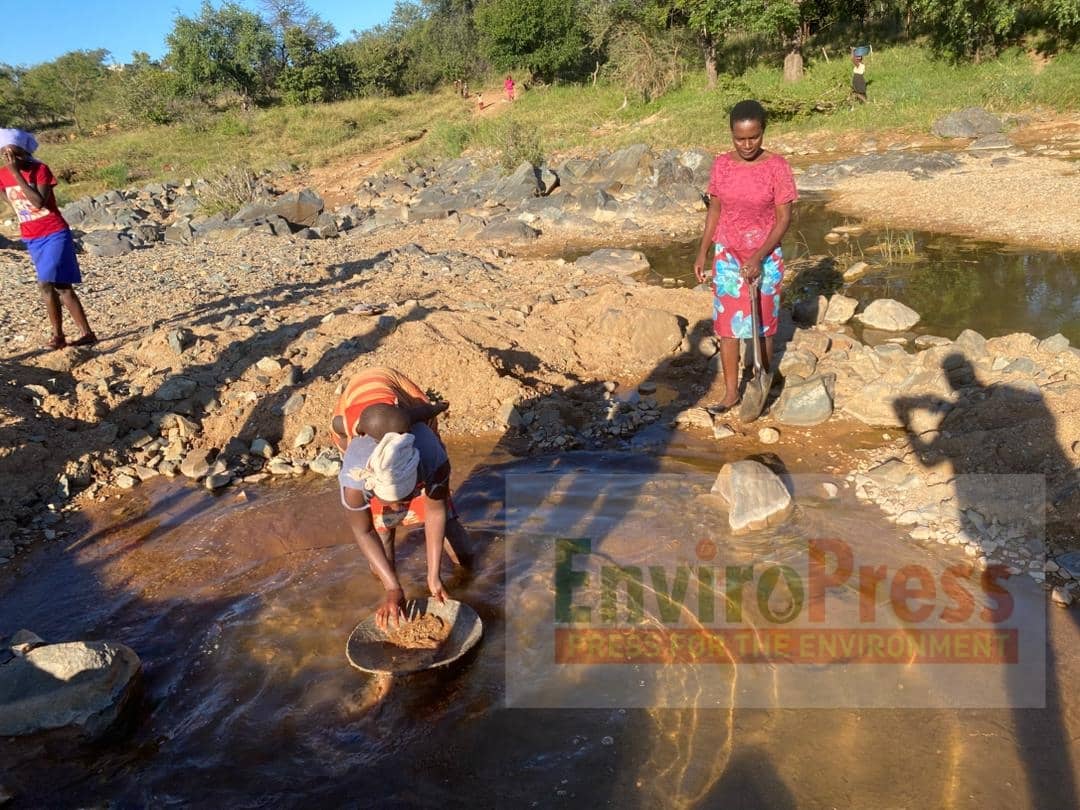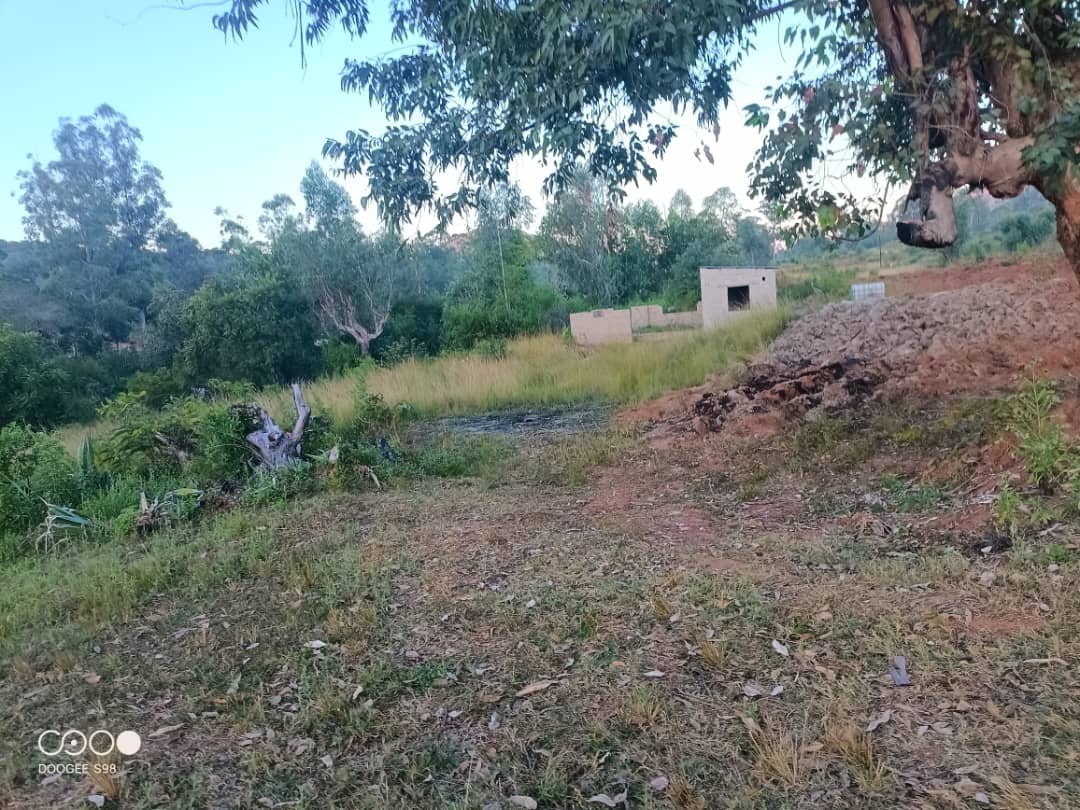…cases of poisoning decline as screws tighten on cyanide
Mary Mundeya
A decade ago, Zimbabwe experienced a sharp increase in elephant poaching, with cyanide poisoning had become a common way to kill those magnificent animals.
Records prove that hundreds of elephants were slaughtered this way for their ivory while such other forms of wildlife as vultures also died after having fed on poisoned carcasses.
Owing to the massive poisonings, the country implemented an intensive multi-stakeholder approach for conservation, a development which has led to no single recorded case of wildlife poisoning in the last three years.
Back then, Zimbabwe had a thriving black market for cyanide, due to a weak inventory control system and lack of tracking once it leaves the primary seller’s possession.
This, however, has since changed thanks to the Statutory Instrument 268 of 2018 which that was introduced for environmental management and control of hazardous substances.
Under this SI, the country’s Environmental Management Agency (EMA) now requires every organization that deals with cyanide to produce keep a detailed track record as well as produce a detailed report on how and where the chemical would have been used.
“In addition to keeping a record, a comprehensive report must also be produced and made available to the agency, detailing the quantities of mercury or cyanide distributed, used or stored in every month, the products or processes in which mercury, cyanide, or cyanide compounds was used, the sources of supply from which the mercury, cyanide or cyanide compounds was purchased, the amount of mercury, cyanide or cyanide compounds in any products sold and any plans to phase out the use of mercury, cyanide or cyanide compounds in the products or processes,” the law reads in part.
International animal law advocate, Ever Chinoda said it was commendable that authorities had tightened regulations relating to the storage and use of cyanide.
“The introduction of the stringent law aimed at curtailing the proliferation of cyanide onto the black market which had essentially led to the mass poisoning of mostly elephants in Zimbabwe is a commendable development.
“Not only does it focus on tracking the distribution and use of the chemical, it also indicates the measures that ought to be taken if one is found illegally possessing cyanide, and this makes life easier for prosecutors,” Chinoda said.
Under the revised law, it is no longer essential for prosecutors to establish the exact concentration of cyanide which was used in a wildlife poaching case.
“Now you can prosecute people on the basis of intent to use poison maliciously,” said Richard Hoare, a Harare-based conservation consultant and lead author of the study published in the African Journal of Wildlife Research.
“Previously, if prosecutors weren’t able to produce evidence of a dead animal, the magistrates would just convict people of illegal possession of a dangerous chemical without a permit,” Hoare told EnviroPress.
That allowed suspects to get off lightly, with just a fine or community service which has since become a thing of the past.
On the other hand, the establishment of economic opportunities and other social benefits to communities living adjacent to wildlife has become pivotal towards the curbing wildlife crimes in Zimbabwe.
For years people from local wildlife rich communities had been turning to poaching as a source of income because of the limited employment opportunities in their areas.
However various international stakeholders such as USAID and the European Union established synergies with local organizations to establish community beneficiation projects that have more than roped in locals to take ownership of and defend their natural resources.
A good example would be that of the Bosman’s Community Camp situated on the shores of the Mwenezi River that was developed as a tourism and conservation partnership between the Malipati Development Trust, Gonarezhou Conservation Trust (GCT) and the Chiredzi Rural District Council.
Proceeds have gone towards building a clinic and refurbishing a school in a community area inside Gonarezhou National Park.
“The initiative is helping to encourage communities to share responsibilities for wildlife conservation and management,” said Malipati Development Trust Chairperson Lawrence Moyo.
This was corroborated by Amos Gwema who is the Zimbabwe Parks and Wildlife Management Authority ZimParks Principal Wildlife Intelligence Officer.
“The participation of local communities is essential for the success of conservation initiatives and tackling wildlife crime. We are grateful for the various community beneficiation projects that have been implemented countrywide that have resulted in improved community attitudes towards conservation making our people guardians of the environment who are complementing our work through providing intelligence regarding wildlife crime,” Gwema said.
Gwema is responsible for investigating wildlife crimes and intelligence at ZimParks.
Conservationist Trevor Lane, said the National Parks Intelligence Unit in Hwange has been very successful in recent years on the back of better intelligence. This has resulted in a dramatic drop in poaching.
“I pay out the informer rewards so am very up to date on what is happening, and the Parks Intelligence Unit and the Minerals Flora and Fauna Unit of the ZRP are still producing great results. Commercial poaching in Zimbabwe is at an all-time low,” Lane told Mongabay.
Lane is one of the co-founders of the Bhejane Trust, a conservation nonprofit organization that also works closely with ZimParks and the police to conserve wildlife and combat poaching in Victoria Falls National Park and the Sinamatella area of Hwange National Park
ZimParks spokesman Tinashe Farawo says 2023 was the third in a row with no cases of elephant poisoning.
“There has been no recorded elephant poisoning cases since 2020, which did not only affect that particular specie but also had potential to lay waste whole ecosystems.
“We are grateful for the support we have received from various stakeholders not only in form of material things but also towards the crafting of various laws that have helped combat poisoning of wildlife among other wildlife crimes,” Farawo said.








